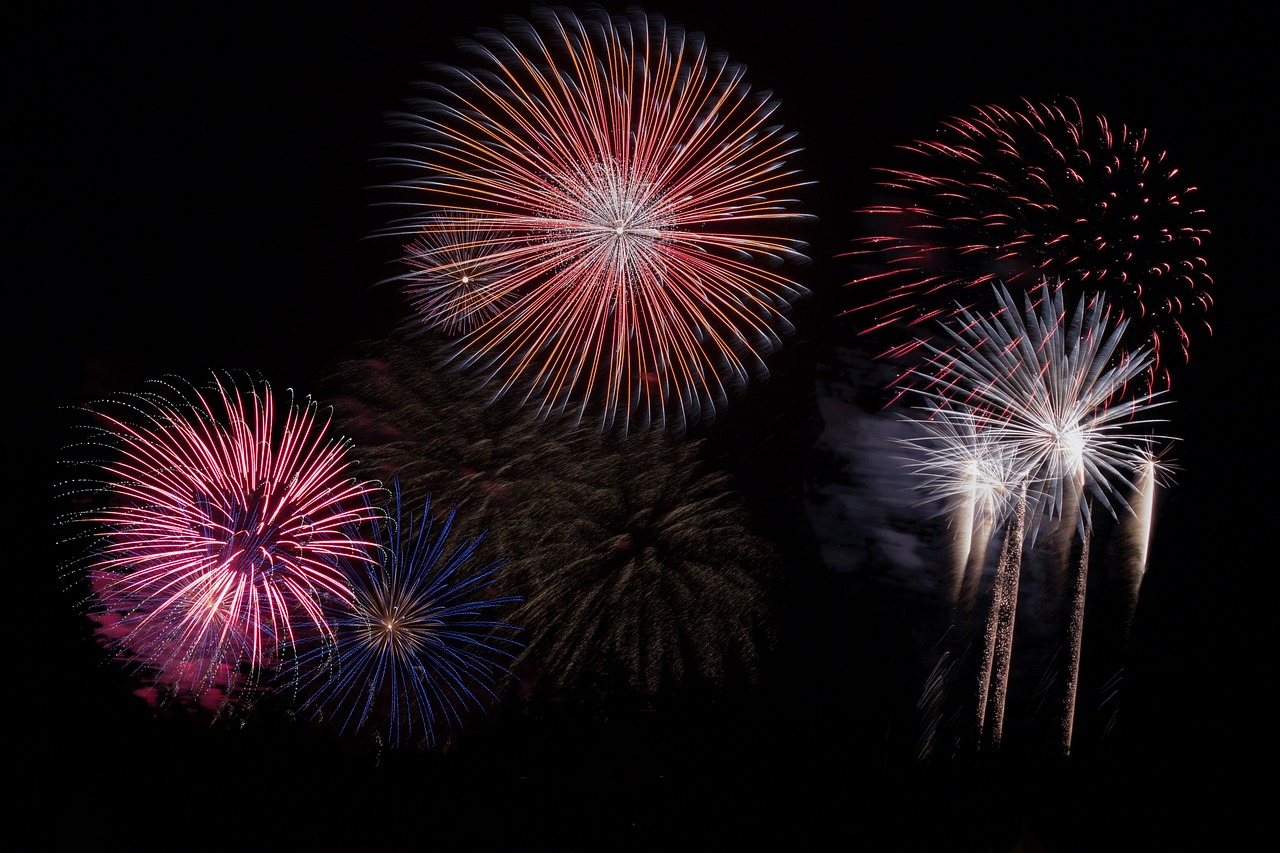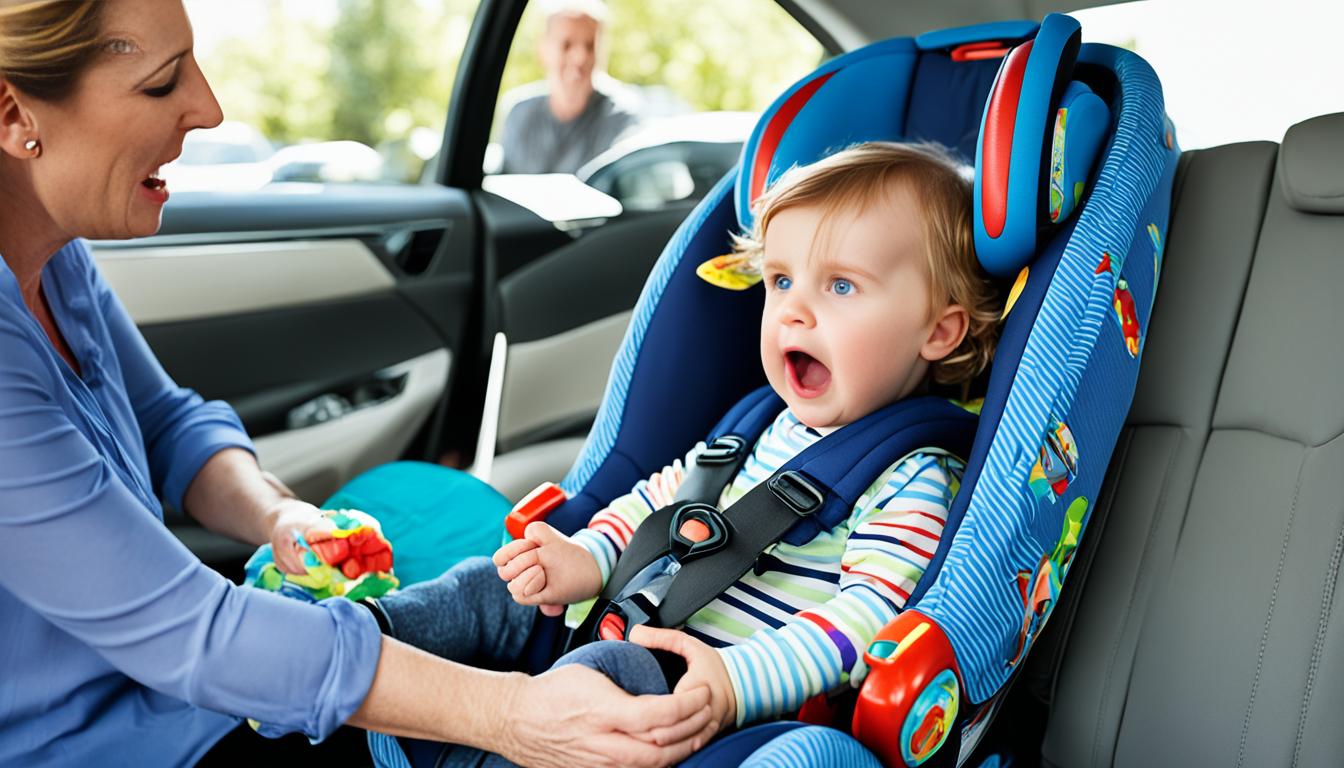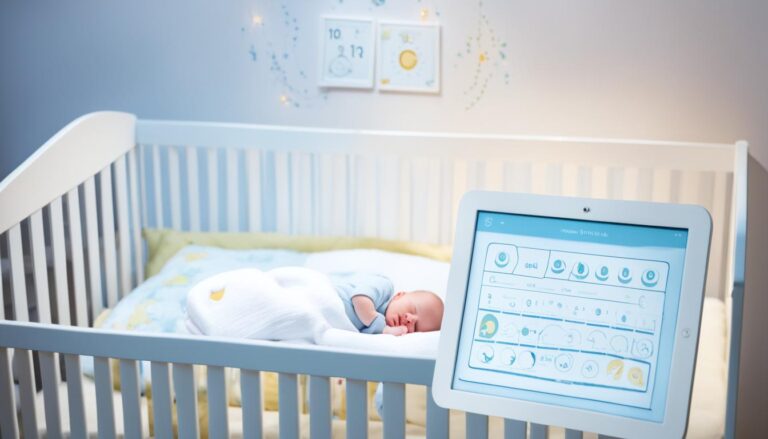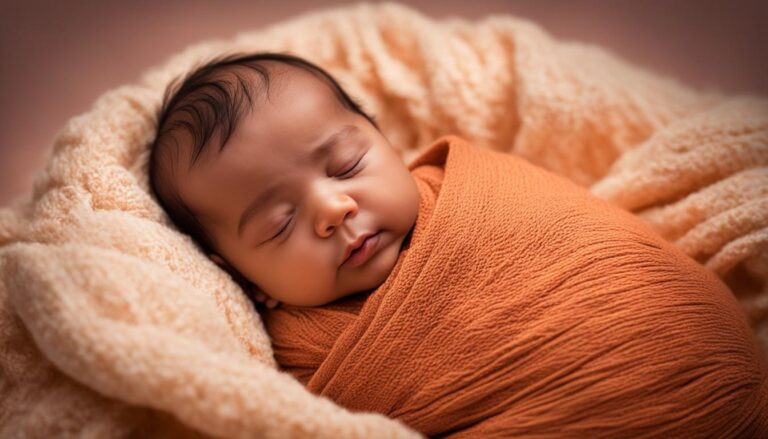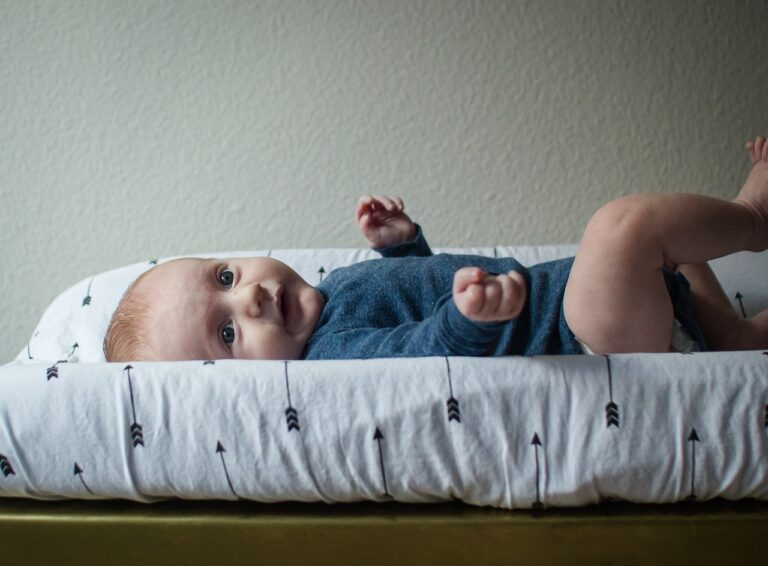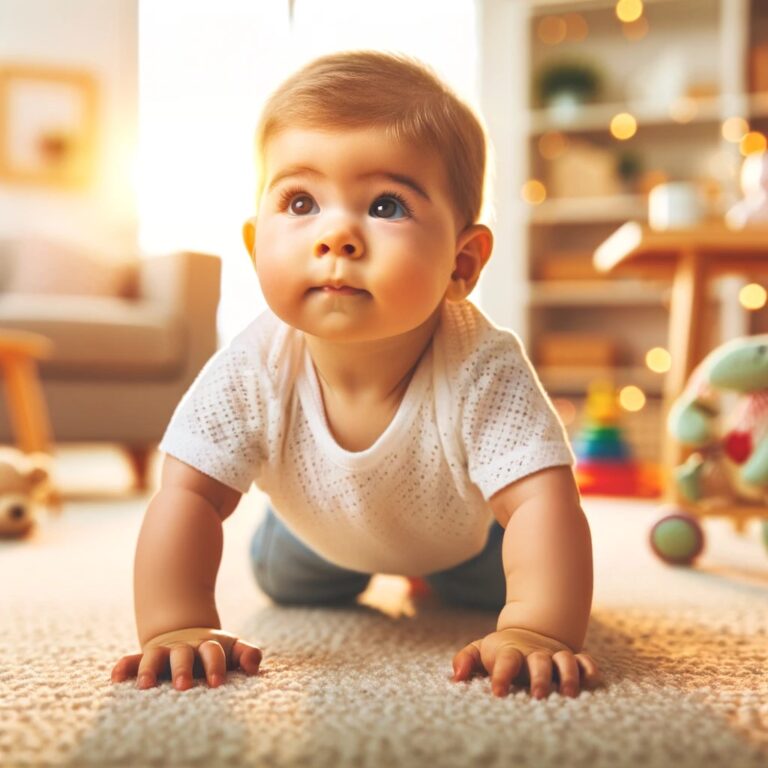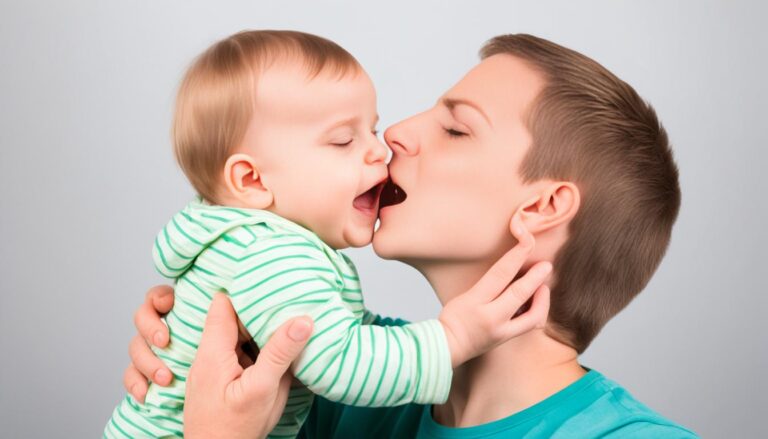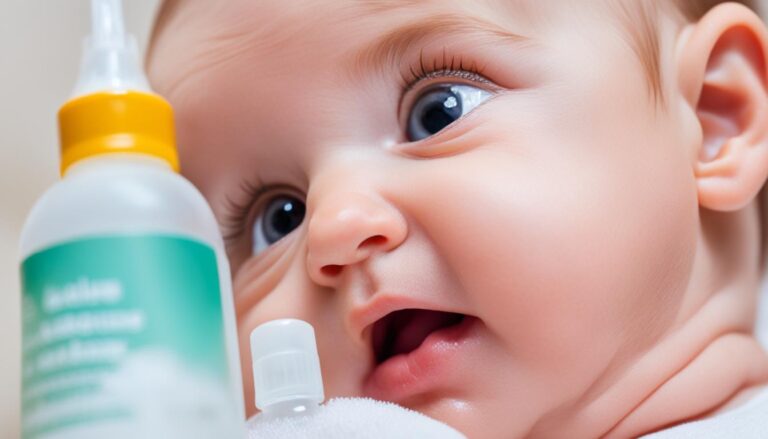Are Fireworks Safe For Babies Ears – How To Protect Hearing
As the excitement for fireworks displays and festive gatherings grows, a pressing question emerges: are fireworks safe for babies’ ears? While the allure of bright lights and loud explosions is undeniable, it’s crucial to acknowledge the potential risks these booming noises pose to our youngest family members. Babies’ ears, with their delicate structures, are particularly vulnerable to the harmful effects of loud sounds. In this article, we’ll unravel the reasons behind this susceptibility and delve into the science of fireworks’ deafening roars. Furthermore, we’ll equip you with expert insights and practical solutions to ensure that your little ones can revel in the celebrations while safeguarding their auditory well-being.
Understanding Babies’ Delicate Hearing
The development of a baby’s auditory system is a marvel of nature. From the moment they enter the world, their ears are finely attuned to the world around them. However, this delicate development also makes their ears highly vulnerable to loud sounds. The inner ear, including the tiny hair cells responsible for transmitting sound to the brain, is especially sensitive during infancy. Excessive noise levels, such as those produced by fireworks displays, can disrupt this delicate process and lead to potential hearing damage in the long run.
The Science Behind Fireworks Noise
When it comes to fireworks displays, the allure isn’t just in the vibrant bursts of color but also in the resounding booms that accompany them. These explosive sounds, however captivating, can pose a significant risk to delicate ears, particularly those of babies and young children. To understand why, let’s delve into the science behind the deafening noise.
Fireworks produce noise levels that can rival the clamor of industrial machinery or even the intense roar of a concert crowd. Decibel levels during fireworks shows often exceed safe thresholds, placing sensitive ears at risk. The sudden and intense noise, known as impulse noise, can lead to immediate discomfort and potential harm. For example, a firework’s sound pressure can surpass 120 decibels, far beyond the 85-decibel threshold considered safe for extended exposure.
This is where proper ear protection, such as noise-canceling headphones or earplugs, comes into play. These tools reduce the sound pressure entering the ear, preserving delicate hair cells in the inner ear and mitigating the risk of permanent damage. By maintaining a safe distance from the source of the noise and utilizing suitable hearing protection, we can ensure that the awe-inspiring beauty of fireworks shows doesn’t come at the cost of our children’s hearing health.
Signs of Hearing Discomfort in Babies
Babies might not voice their discomfort, but their actions can speak volumes. In the midst of fireworks’ explosive roars or other loud environments, watch for non-verbal cues that your little one is feeling overwhelmed. Look for signs like persistent crying, restlessness, or the instinct to cover their ears. These behaviors are their way of communicating that the noise levels are distressing to them.
For instance, if you notice your baby becoming fussy or agitated during a fireworks show, it’s a signal that the sound may be too much for their delicate ears to handle. To ease their discomfort, consider moving to a quieter area or creating a cozy space away from the noise. Using noise-canceling headphones or earmuffs designed for babies can also provide much-needed relief and protection.
Being attuned to these signs of discomfort allows you to respond promptly, ensuring your baby’s auditory well-being during celebrations. By understanding their cues and taking proactive measures, you can help create a safer and more enjoyable environment for your little one, making the festivities a joyful experience for the whole family.
Mitigating Risks and Protecting Babies’ Hearing
In the midst of fireworks’ dazzling spectacle, it’s crucial to prioritize your baby’s auditory health. Their delicate ears require special attention to mitigate the potential risks posed by the explosive noise. Creating a safer environment involves a strategic combination of distance and proper hearing protection.
Maintaining a safe distance from the epicenter of fireworks displays significantly reduces the intensity of sound reaching your baby’s ears. For instance, watching the show from a park rather than directly under the bursts of sound can make a substantial difference. Additionally, opting for noise-canceling headphones or earmuffs tailored for infants adds an extra layer of defense. These specialized tools, equipped with a suitable noise reduction rating, provide the shield needed to preserve their sensitive inner ear structures.
Remember, the best approach combines both strategies. By selecting a suitable viewing spot and utilizing adequate hearing protection, you ensure that the celebration’s excitement remains joyful without compromising your child’s auditory well-being.
What Can Be Used to Shield Babies’ Ears During Fireworks?
As parents strive to create a safe and enjoyable environment for their babies during fireworks displays, the question arises: what options are available to shield their delicate ears from the explosive noise? Fortunately, there are several effective tools and strategies to consider.
- Noise-Reduction Headphones: Specially designed noise-canceling headphones provide an excellent defense against the intense noise levels produced by fireworks. These headphones are tailored to fit comfortably over a baby’s ears, effectively reducing the sound pressure entering the ear canal. They offer a practical solution for minimizing the risk of auditory discomfort and potential harm.
- Baby Earmuffs: Similar to noise-canceling headphones, baby earmuffs offer a snug fit that helps dampen the impact of loud noises. These earmuffs are designed with adjustable headbands to ensure a secure fit while maintaining comfort for your little one. Their noise reduction capabilities make them a popular choice among parents looking to shield their babies’ ears during festive events.
- Customized Earplugs: In consultation with a pediatrician or audiologist, custom-fit earplugs can be considered for babies who may have specific auditory needs. These earplugs are carefully molded to fit the baby’s ears, providing personalized protection against noise exposure.
- Safe Distancing: One of the simplest yet effective methods to shield a baby’s ears is by maintaining a safe distance from the source of the noise. Finding a viewing spot that is farther away from the fireworks’ launch site can significantly reduce the intensity of the noise reaching the baby’s ears.
- Creating a Quiet Retreat: Designating a quiet area away from the noise, where babies can take refuge if the festivities become overwhelming, offers them a sense of security. This retreat can be set up indoors or in a secluded outdoor spot, equipped with familiar toys and comforts.
- Combining Strategies: For optimal protection, combining multiple strategies can prove beneficial. Utilizing noise-reduction headphones or earmuffs in conjunction with maintaining a safe distance creates a comprehensive approach to shielding babies’ ears from the impact of fireworks’ explosive noise.
Remember, the goal is to strike a balance between celebrating and safeguarding your baby’s auditory health. By exploring these options and selecting the one that best suits your baby’s comfort and needs, you can ensure that their experience of festivities is both joyful and safe.
Alternative Ways to Celebrate with Babies
While the allure of fireworks is hard to resist, there are alternative ways to celebrate that keep your baby’s auditory comfort in mind. Instead of subjecting them to the intense booms and bursts, consider baby-friendly festivities that ensure their well-being while embracing the spirit of the occasion.
Host an intimate gathering with loved ones in a quieter setting. This allows your baby to engage in the festivities without being overwhelmed by the noise. Alternatively, explore creative and sensory activities that captivate their attention, such as a colorful arts and crafts session or a gentle outdoor picnic. These options offer the joy of celebration while respecting their developing senses.
Remember, the goal is to create an environment where your baby can enjoy the celebrations without the potential discomfort or harm caused by loud noises. By choosing these gentler alternatives, you’re not only nurturing their well-being but also building cherished memories that will last a lifetime.
Expert Advice: Pediatrician and Audiologist Insights
Seeking professional insight from experts in pediatrics and audiology is a wise step to protect your baby’s delicate ears during festive celebrations. The American Speech-Language-Hearing Association and the American Academy of Audiology offer valuable recommendations that can make a significant difference.
Pediatricians and audiologists emphasize the importance of proper hearing protection tailored for babies. Noise-canceling headphones designed to fit snugly over their ears can greatly reduce harmful noise levels. This approach not only shields against loud explosions but also prepares them for future experiences in noisy environments.
When the Fourth of July and other celebrations approach, it’s important to remember that safeguarding our babies’ hearing should be a top priority. While fireworks displays can be mesmerizing, the potential for long-term damage to a child’s delicate auditory system is a real concern. By understanding the science behind loud explosions, recognizing signs of discomfort, and following expert advice, we can strike a balance between celebrating in style and ensuring our little ones enjoy a future free from hearing problems. Let’s make this festive season a safe and memorable one for every member of the family.

